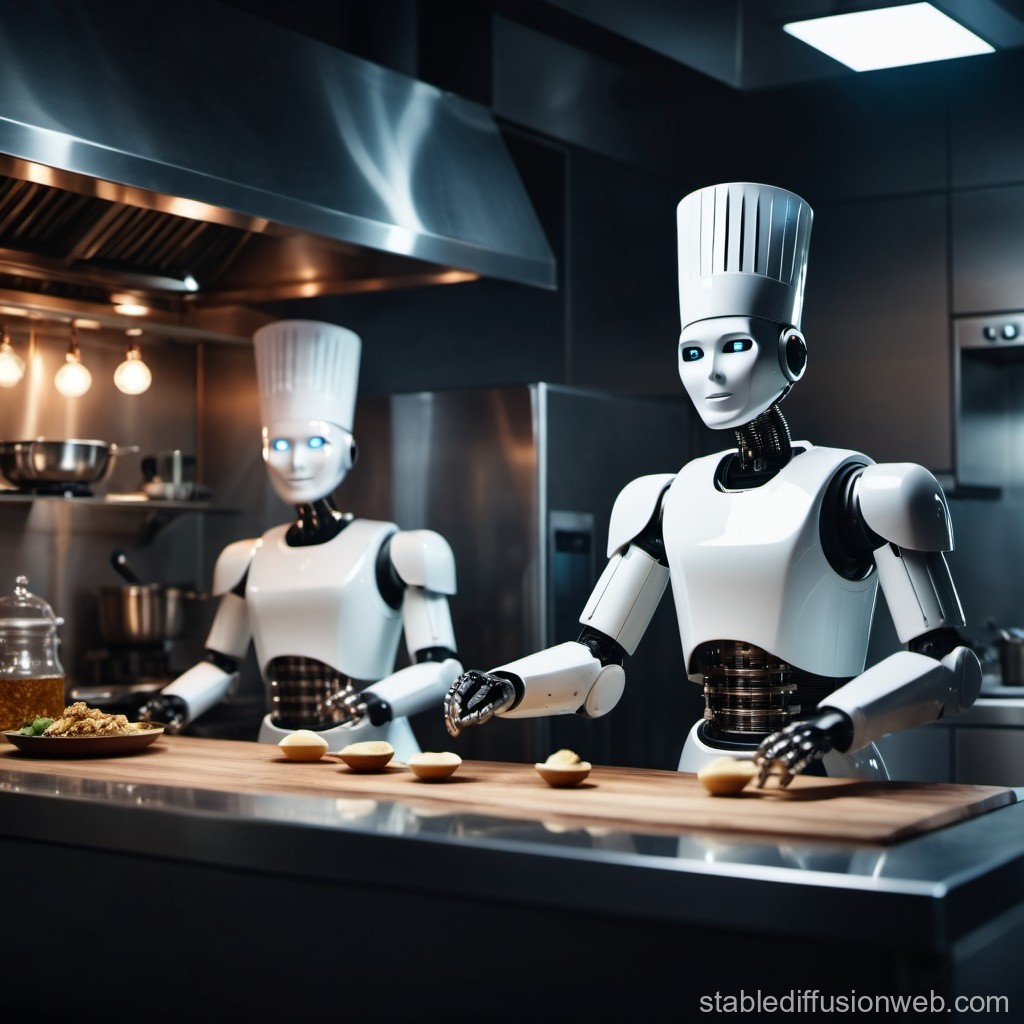In recent years, the integration of robots into various industries has sparked a great deal of discussion and debate. One such industry that has seen the emergence of robotic technology is the culinary world. The concept of robot chefs, equipped with advanced artificial intelligence and programmed to prepare delicious meals, has piqued the interest of many. As people are overthinkers, will the robots be able to do a better job than human chefs? This article will explore the potential impact of robot chefs in the kitchen and whether they are indeed the future of culinary innovation.
The Rise of Robot Chefs
- Automation in the Culinary World
- With advancements in robotics and AI, the automation of tasks traditionally performed by human chefs has become increasingly feasible.
- Robot chefs are designed to handle various cooking processes, from precise ingredient measurement to cooking and plating.
- Efficiency and Consistency
- One of the primary arguments in favor of robot chefs is their ability to consistently produce high-quality dishes without the variations often associated with human chefs.
- These machines can work tirelessly without fatigue, potentially leading to greater efficiency in commercial kitchens.
- Customization and Adaptability
- Some robot chefs are equipped with AI algorithms that enable them to adapt recipes based on individual preferences and dietary restrictions, catering to a wide range of culinary needs.
Potential Benefits of Robot Chefs
- Enhanced Food Safety
- By minimizing human involvement in food preparation, robot cooks have the potential to reduce the risk of foodborne illnesses, as they adhere strictly to programmed hygiene and safety protocols.
- Addressing Labor Shortages
- The hospitality industry often faces challenges in recruiting and retaining skilled kitchen staff. Robot chefs could help alleviate these labor shortages, particularly in environments with high staff turnover.
- Innovation and Creativity
- Some proponents argue that robot chefs, when programmed with innovative recipes and cooking techniques, could introduce entirely new culinary experiences that push the boundaries of traditional cooking.
Considerations and Challenges
- Cost and Accessibility
- The initial investment required to integrate robot chefs into a kitchen setting can be substantial, posing a barrier for smaller establishments with limited financial resources.
- Human Touch and Artistry
- Critics of robot chefs emphasize the irreplaceable human touch and intuition that contribute to the artistry of cooking, raising concerns about the potential loss of culinary traditions and creativity.
- Maintenance and Technical Limitations
- Robot chefs, like any complex technology, require regular maintenance and troubleshooting. Additionally, they may face limitations in replicating certain complex cooking techniques that rely on human sensory perception and improvisation.
The Future Outlook
The introduction of robot chefs undoubtedly presents both opportunities and challenges for the culinary world. While their potential to streamline kitchen operations and enhance food safety is appealing, questions regarding their impact on culinary artistry and the human experience of dining remain significant.
As technology continues to advance, it is likely that robot chefs will become more sophisticated, potentially addressing current limitations and reshaping the culinary landscape. However, the extent to which they will dominate kitchen spaces and redefine the role of chefs remains a topic of ongoing discussion and speculation.
In conclusion, the future of robot chefs in the kitchen is a complex and multifaceted issue. While they offer the promise of efficiency and innovation, the preservation of culinary traditions and the human connection to food are critical aspects that warrant careful consideration. As the culinary world navigates this technological frontier, the coexistence of human creativity and robotic precision may ultimately shape the future of gastronomy.



